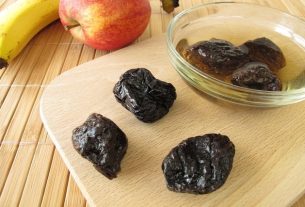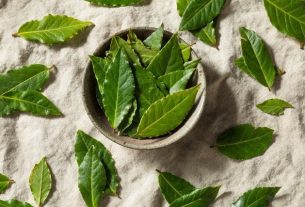Some home remedies, such as melon juice, ginger tea or potato juice, can help improve esophagitis symptoms such as heartburn, a burning sensation in the esophagus or a bitter taste in the mouth, which occur when stomach acid enters. contact with the esophagus.
These home remedies help to reduce acidity in the stomach and protect the stomach and esophagus, and can be used as a complement to the treatment prescribed by the doctor. Understand better what causes esophagitis and how to treat it.
Some home remedy options for esophagitis are:
1. Melon juice

Melon juice is an excellent natural option for relieving the discomfort of esophagitis because melon is a highly alkaline fruit and rich in magnesium, which is one of the components of antacid medications, which helps reduce stomach acidity and reduce symptoms. of esophagitis. Additionally, melon is rich in fiber that supports digestive health, promoting intestinal regularity and the growth of healthy intestinal bacteria. See other health benefits of melon.
Ingredients
Preparation mode
Blend the melon in a blender until you obtain a homogeneous mixture. Drink the juice twice a day, or when symptoms of esophagitis appear.
2. Lettuce tea
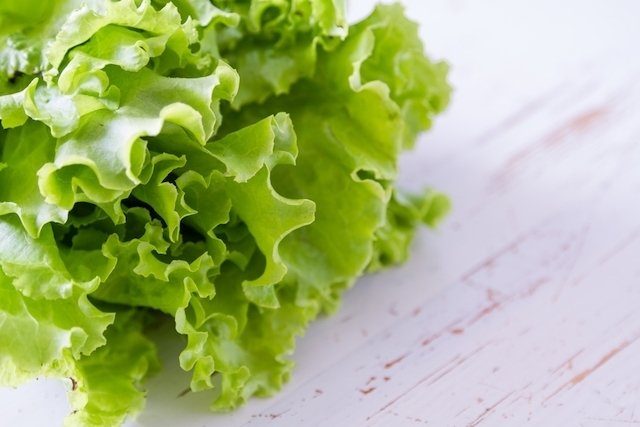
Lettuce tea is another good option for a home remedy for esophagitis as it is rich in enzymes that help reduce inflammation in the tissues, in addition to having a calming action, which reduces the symptoms of esophagitis and improves well-being.
Ingredients
- 30 g of lettuce leaves;
- 500 mL of water.
Preparation mode
Place the ingredients in a pan and let it boil for about 10 minutes. Let it rest for 5 minutes and strain. Drink 4 cups a day.
3. Potato juice

Potato juice is a natural remedy that can be used in cases of esophagitis, gastroesophageal reflux, gastritis, heartburn or stomach ulcers because it is highly alkaline and works by neutralizing stomach acidity, in the same way as antacid medications.
Ingredients
Preparation mode
To prepare this juice, you must place a raw potato in the processor and squeeze the potato to remove its juice. Another option is to blend the potato in a blender, strain it and drink the juice. You can drink raw potato juice, freshly prepared, every day before breakfast, on an empty stomach.
4. Ginger tea
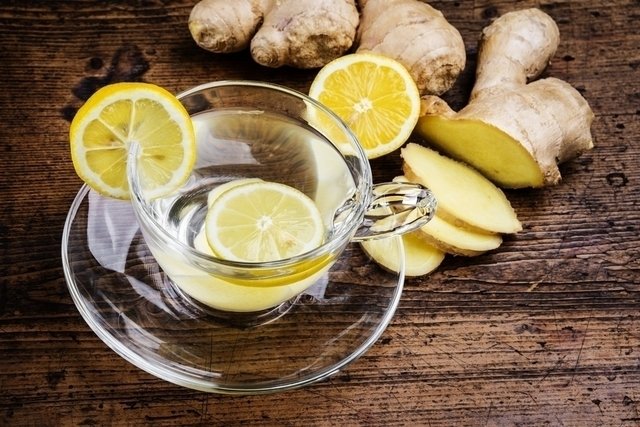
Ginger tea has phenolic compounds in its composition, such as gingerol and chogaol, with antioxidant, anti-inflammatory and antiemetic properties, which reduce stomach acidity and improve the functioning of the digestive system. Discover other benefits of ginger.
Ingredients
- 1 cm of ginger root, cut into slices or grated;
- 1 liter of boiling water.
Preparation mode
Bring the water to a boil and add the ginger. Let it boil for 5 to 10 minutes. Remove the ginger from the cup and drink the tea in 3 to 4 divided doses throughout the day.
Another option for making tea is to replace the root with 1 teaspoon of powdered ginger.
This tea should be avoided by people with active stomach bleeding, as it has anticoagulant properties that can increase bleeding or hemorrhage.
5. Licorice tea

Licorice tea contains glycyrrhizin, a substance that helps reduce stomach acidity, in addition to protecting the lining of the stomach and esophagus, and can be very useful as a home remedy for esophagitis.
Ingredients
- 1 teaspoon of licorice root;
- 1 cup of boiling water;
- Honey to sweeten to taste.
Preparation mode
Add the licorice to the cup of boiling water, cover and let it rest for 10 minutes. Strain and sweeten with honey, if desired. Drink this tea up to 2 times a day.
Licorice tea should not be consumed by pregnant or breastfeeding women and by people with heart problems.
6. Alteia infusion
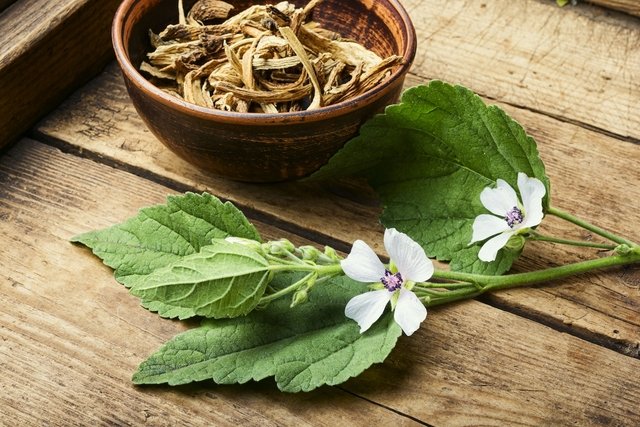
The marshmallow infusion, also known as malva-branca or marshmallow, must be prepared using the root of the medicinal plant. Althaea officinalis. This plant has an emollient, anti-inflammatory, softening, calming and stomach-protective effect, making it another excellent option for a home remedy for esophagitis.
Ingredients
- 1 tablespoon of marshmallow root;
- 1 cup of boiling water.
Preparation mode
Add the marshmallow root to the cup of boiling water and let it rest for 10 minutes. Strain and then drink up to 2 cups per day.
Bibliography
- DETERS, Alexandra; et al. Aqueous extracts and polysaccharides from Marshmallow roots (Althea officinalis L.): Cellular internalisation and stimulation of cell physiology of human epithelial cells in vitroAlexandra Deters. Journal of Ethnopharmacology. 127. 62–69, 2010
- CHRUBASIK, S.; et al. Efficacy and tolerability of potato juice in dyspeptic patients: a pilot stud. Phytomedicine. 13. 1-2; 11-15, 2006

Sign up for our newsletter and stay up to date with exclusive news
that can transform your routine!
Warning: Undefined array key "title" in /home/storelat/public_html/wp-content/plugins/link-whisper-premium/templates/frontend/related-posts.php on line 12
Warning: Undefined array key "title_tag" in /home/storelat/public_html/wp-content/plugins/link-whisper-premium/templates/frontend/related-posts.php on line 13


